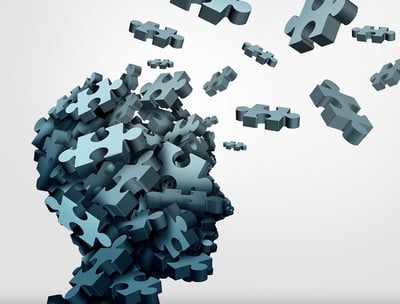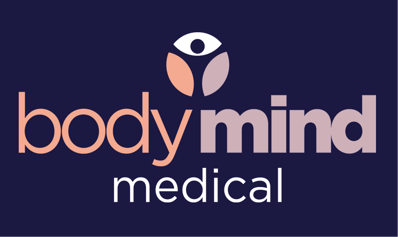

Male Hormone Clinic
Cutting Edge Research
For Making Smart Decisions
Low Testosterone Influences
Low testosterone levels can significantly impact brain and mental health, leading to symptoms like fatigue, brain fog, depression, irritability, and anxiety. Testosterone plays a key role in maintaining neurotransmitter balance, cognitive function, and emotional stability. Declining levels may also reduce motivation, focus, and memory. Over time, low testosterone can increase the risk of mood disorders and diminish overall quality of life. Addressing this imbalance through personalised strategies can help restore mental clarity and emotional well-being.
On Brain and Mental Health
Did You Know ?
49 yrs


The average age of someone living with dementia




Increase in dementia among people aged 30 to 44 years old
Alzheimer's is currently the no.1 killer in the UK
373%
1st
Consequences Of Unresolved Low Testosterone Levels
Unresolved low testosterone can lead to serious physical and mental health challenges, including chronic fatigue, reduced muscle mass, weight gain, and a decline in bone density. Mentally, it may cause depression, irritability, brain fog, and diminished motivation. Long-term effects include increased risk of cardiovascular disease, metabolic syndrome, and cognitive decline. Poor sexual health and reduced quality of life often follow. Timely intervention is essential to address underlying causes and restore balance for optimal health and well-being.
The Discovery Consultation
The discovery consultation is a three-part process analysing life stress, symptoms, and advanced lab tests to uncover root causes, providing personalised insights for effective treatment and lasting health improvements.
Symptoms Analysis
Functional medicine symptoms analysis for gut disorders evaluates issues like bloating, diarrhoea, constipation, abdominal pain, and food sensitivities. It identifies root causes such as dysbiosis, inflammation, or leaky gut, enabling personalised interventions to restore gut health and overall wellbeing.


Lifestyle Analysis
Functional medicine laboratory analysis for gut disorders investigates biomarkers like gut microbiota composition, inflammation markers, nutrient levels, and intestinal permeability. These comprehensive tests uncover root causes, enabling personalised treatments to restore gut health, improve digestion, and support overall wellbeing.
Laboratory Analysis




Functional medicine lifestyle analysis for gut disorders examines diet, stress levels, sleep quality, physical activity, and environmental exposures. This holistic approach identifies habits contributing to gut imbalances, guiding personalised strategies to optimise digestion, reduce inflammation, and improve overall gut health.
What Is Neuroplasticity ?
Neuroplasticity refers to the brain's ability to reorganise itself by forming new neural connections throughout life. This adaptability enables the brain to compensate for injury, adapt to new experiences, and optimise function. In treating memory loss, neuroplasticity is foundational, as therapies focus on stimulating neural pathways, enhancing brain resilience, and restoring cognitive abilities. By addressing underlying factors like inflammation, stress, and lifestyle, treatments leverage neuroplasticity to improve memory, boost learning, and promote long-term brain health.
Get In Touch


Our Office
Address
Fernbank House, Springwood Way, Macclesfield SK10 2XA
Hours
9am - 6pm


